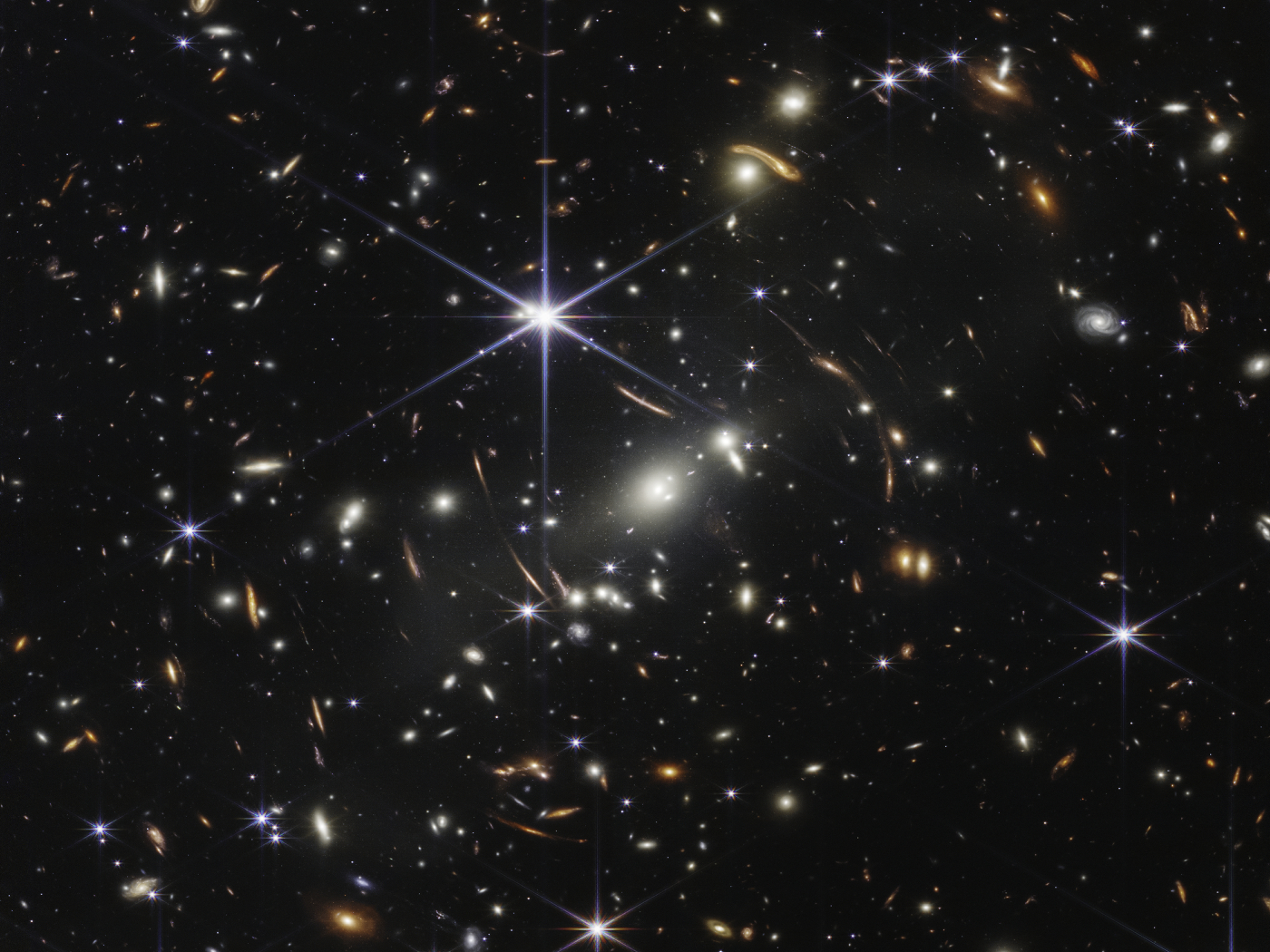Detractors from the Bible story of the Flood have scoffed at the idea of just a few people carrying out all the duties of animal care for a year. Without a doubt, it would have been a daunting task considering the number of animals and the frightening circumstances, but would it have been impossible?
Earlier studies have shown that the total number of animals in question are less than the millions the detractors envision. Noah was told to take two of each "kind" of animal on board, probably represented by today's "families" or "genera" rather than species. For instance, the dog "kind" includes many species—wolf, domestic dog, dingo, coyote, etc. Furthermore, most animal types are small, only a few dozen are large, making the average size something on the order of a cat. (John Woodmorappe's excellent book, Noah's Ark: A Feasibility Study, looks into this issue in depth.) The great majority of today's animals live in the sea and did not need to be on board.
But how about those inside? Cooped up for months, pitching and rolling with the Ark, surrounded by the noise of the storm and the presence of other animals (Genesis 7:21-22). How would they cope? And what about the meat-eaters?
It's well known that all animals can survive on a meatless diet. Care must be taken to satisfy their nutritional needs, but it is possible. Some carnivores even choose a vegetarian lifestyle. Other animal studies have noted that some animals, such as the bear, hibernate to survive times of undue stress. Many other animals (and perhaps nearly all) are able to enter into a
period of relative dormancy or estivation when faced with a danger they cannot overcome and from which they cannot flee. In such a state they require minimal food and exercise, and excrete little. In such a state, aggressive tendencies are ignored. The presence of a common, overwhelming predicament eliminates former predator/prey relationships.
Scripture actually hints at such a situation. Noah was told to build an Ark equipped with "rooms" for the animals. (Genesis 6:14). But the Hebrew word used is everywhere else rendered "nests," as in (Deuteronomy 32:11) where it applies to birds, but it's also applied to a place of rest and safety for humans too (Job 29:18). Is this an indication that the animals were to merely snuggle up and wait until the danger was over?
There is no way of knowing, of course, because this was a unique event, not repeatable nor testable in the present and the only One who knows didn't give us all the details. But wouldn't it be just like Noah's gracious God to make the job easier for him?
One final thought. The origin of this mysterious hibernation ability has no ready explanation in science. Might we not suppose that the loving Creator endowed animals onboard the Ark with this survival mechanism? There was probably no need for such an ability before the Flood. All animals today are descended from those on the Ark and all have inherited it. Since science has no better explanation for its origin, this supposition, which fits all the facts, should be given due consideration.













